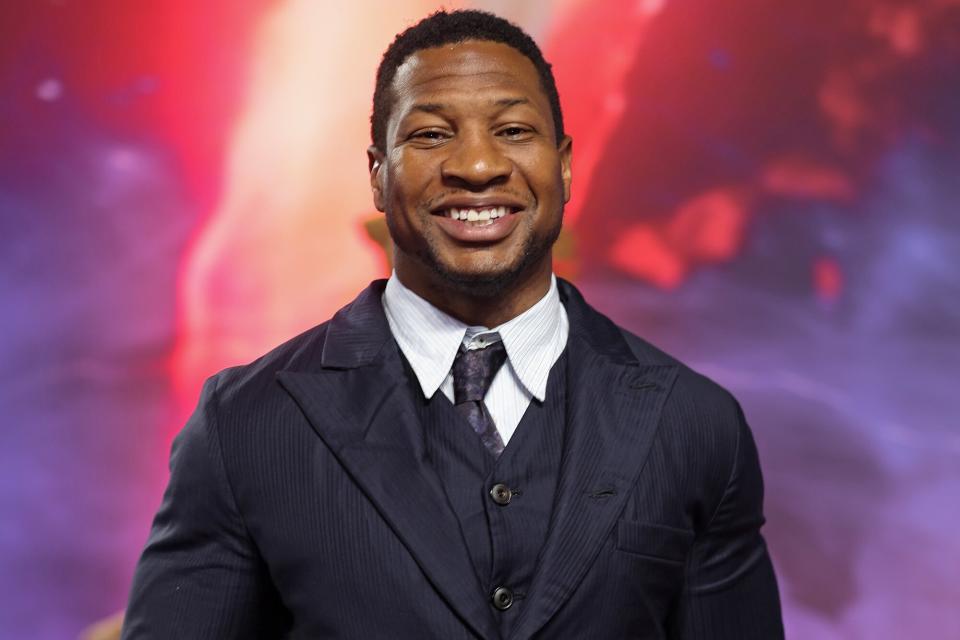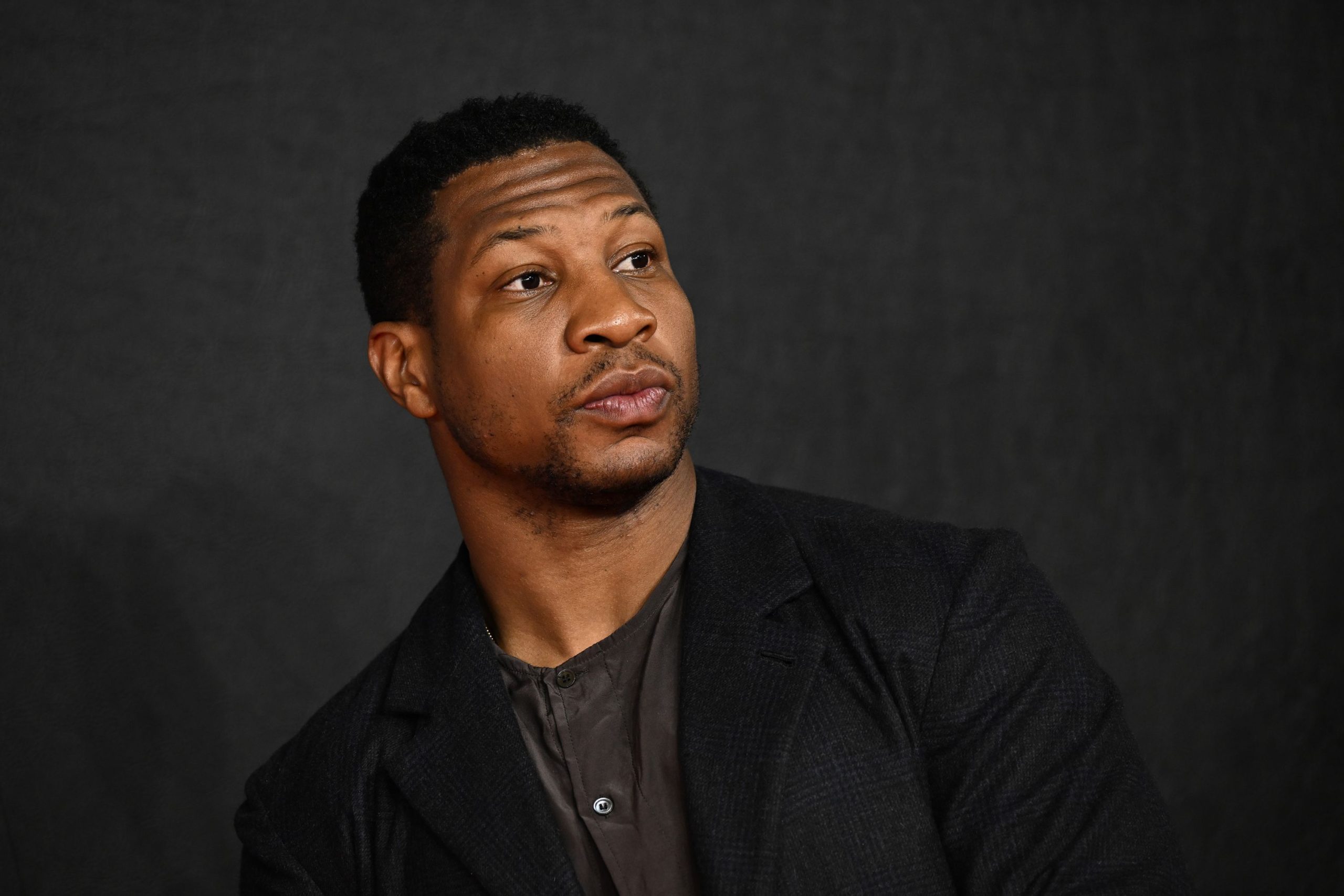Jonathan Irwin Basketball: A Look At A Player Who Made A Mark
When we think about the players who truly shape the game, sometimes it is the quiet dedication and consistent effort that really make a difference. People often talk about those who score the most points or get the loudest cheers, but the true essence of basketball, you know, often lies in the less flashy contributions. This is very much the story we want to share about Jonathan Irwin and his time in basketball.
There are countless athletes whose names might not always hit the biggest headlines, yet their presence on the court helps define eras for their teams. Jonathan Irwin, in a way, fits into this group, someone whose journey in basketball offers a lot to consider for fans and aspiring players alike. It is pretty interesting to see how a player's specific skills and spirit can leave a lasting impression, even if it is not always widely broadcast.
So, today, we are going to explore the basketball path of Jonathan Irwin, looking at what made him a notable figure in the sport. We will talk about his playing style, his dedication, and the kind of impact he had on the teams he was a part of. It is almost like understanding the quiet strength behind a team's success, which is something many people can appreciate.
Table of Contents
- Biography: The Early Days and Beyond
- Career Highlights: Moments on the Court
- Playing Style: What Made Him Stand Out
- Impact and Legacy: More Than Just the Game
- Beyond the Court: A Different Kind of Contribution
- Frequently Asked Questions About Jonathan Irwin Basketball
- Conclusion: Reflecting on a Career
Biography: The Early Days and Beyond
Jonathan Irwin, a name that, in Hebrew, means "Yahweh has given" or "gift of God," seems to carry a certain weight, doesn't it? This meaning, in a way, could be seen to reflect the natural talent and dedicated spirit he brought to the basketball court. His story begins, as it does for many athletes, with a love for the game that started very early, perhaps on local courts or school gymnasiums, just like your typical kid with a ball.
His formative years were spent honing skills, learning the ins and outs of the game, and, in some respects, developing that deep understanding of teamwork. It is often said that the foundation for a great player is laid long before they ever step onto a professional stage, and that was certainly the case here. He learned to play with a sense of purpose, which is quite important.
The journey from a young enthusiast to a recognized player involves countless hours of practice, a lot of discipline, and the ability to learn from every game, good or bad. Jonathan Irwin's path through basketball was no different, marked by a steady progression that showed a real commitment to improving his craft. He was, you know, always looking to get better.
Personal Details and Bio Data
| Full Name | Jonathan Irwin |
| Meaning of Name | "Yahweh has given" or "Gift of God" (Hebrew origin) |
| Primary Sport | Basketball |
| Position (Typical) | Guard/Forward (versatile) |
| Key Attributes | Strong work ethic, team-first approach, consistent performance, good court vision |
| Early Career Focus | Skill development, understanding game strategy, leadership within youth teams |
Career Highlights: Moments on the Court
Jonathan Irwin's basketball career, while perhaps not filled with flashy highlight reels that dominate social media today, was marked by a steady presence and a knack for making the right play at the right time. He was, to be honest, the kind of player coaches truly valued because he consistently delivered what was needed, sometimes without much fanfare. That, in itself, is a pretty significant highlight.
During his time playing, he was often seen as a crucial piece of the puzzle for his teams, contributing in ways that went beyond just scoring. He was known for his defensive intensity, often taking on the toughest assignments and disrupting opposing offenses. This kind of effort, you know, really helps a team win games, even if it does not always show up in the box score.
One might recall games where his timely steals or crucial rebounds turned the tide, or where his calm demeanor under pressure helped his team maintain composure. These moments, while maybe not always dramatic, showed a player who truly understood the flow of the game and how to influence it positively. He was, like, always thinking a step ahead, which is a rare quality.
He was also a reliable shooter from various spots on the court, capable of hitting important shots when the team needed a lift. This ability to contribute offensively, combined with his defensive prowess, made him a very well-rounded player. It is almost as if he could fill whatever role was asked of him, and that versatility is something coaches absolutely love.
His consistency over multiple seasons allowed him to be a foundational player for his teams, providing stability and a dependable presence. This steady performance, year after year, speaks volumes about his dedication and his physical conditioning. He was, quite frankly, a model of consistency, and that is a pretty big achievement in any sport.
We often talk about players who have "it," that intangible quality that elevates their play and inspires those around them. Jonathan Irwin, in his own quiet way, possessed that quality. He might not have been the loudest voice, but his actions on the court, his tireless effort, and his commitment to the team's success spoke volumes. It is really about leading by example, isn't it?
Playing Style: What Made Him Stand Out
Jonathan Irwin's playing style was a fascinating blend of fundamental soundness and a deep understanding of basketball strategy. He was not, in a way, the kind of player who relied solely on raw athleticism, though he certainly possessed enough of it. Instead, his game was built on smart decisions, precise execution, and a tireless work rate, which is very appealing to watch.
He was a player who always seemed to be in the right place at the right time, whether it was for a defensive rotation, an offensive rebound, or to set a screen that freed up a teammate. This court awareness, in some respects, was one of his strongest assets. It is almost like he had a sixth sense for where the ball and other players were going to be.
On offense, he was a very unselfish player, known for his crisp passing and his ability to create opportunities for others. He could drive to the basket, finish strong, or pull up for a mid-range jumper, but he always seemed to prioritize the best shot for the team. This kind of team-first mentality is, quite honestly, what makes a good team great.
His defense was a hallmark of his game. He was tenacious, rarely giving up on a play, and had a knack for anticipating opponents' moves. He could guard multiple positions, making him a very valuable asset in various defensive schemes. This versatility, you know, made him a nightmare for opposing coaches to plan against.
Jonathan Irwin also possessed a high basketball IQ, which allowed him to adapt to different game situations and make adjustments on the fly. He was a player who could, basically, read the game and understand what was needed in crucial moments. This mental aspect of his game was, arguably, just as important as his physical skills.
He was also known for his calm demeanor under pressure. In tight games, when others might falter, he often remained composed, making smart plays and executing free throws with a steady hand. This ability to stay cool, even when the stakes were very high, is a sign of a truly mature player. It is something many players work on for years.
His commitment to the fundamentals was evident in every aspect of his play. From his footwork on defense to his shooting mechanics, everything seemed refined and efficient. This dedication to mastering the basics allowed him to perform at a high level consistently. It is, like, the foundation upon which everything else is built, isn't it?
Impact and Legacy: More Than Just the Game
The impact of Jonathan Irwin on basketball goes beyond the statistics he accumulated or the specific games he played in. His legacy, in a way, is tied to the example he set for his teammates and for younger players looking up to him. He embodied what it means to be a professional, both on and off the court, which is a very important part of sports.
He was known for his quiet leadership, inspiring others through his actions rather than just his words. His consistent effort in practice, his willingness to put the team first, and his dedication to improvement were qualities that resonated deeply with those around him. This kind of leadership, you know, creates a positive environment for everyone involved.
Many players and coaches who worked with him often speak about his positive attitude and his unwavering commitment to fair play. He was, to be honest, someone who always approached the game with respect, for his opponents and for the sport itself. This sportsmanship is something that really leaves a lasting impression.
His influence extended to how teams approached their identity. He helped instill a culture of hard work and collective responsibility, showing that success comes from a shared commitment, not just individual brilliance. This collective spirit, in some respects, is what makes a team truly cohesive and strong.
The lessons learned from watching Jonathan Irwin play, or from being his teammate, are about perseverance, resilience, and the importance of every single possession. He taught, through his example, that every small effort contributes to the bigger picture. It is almost like understanding that every brick helps build the wall, which is a good way to think about it.
His story serves as a reminder that not every player needs to be a superstar to have a profound effect on the game and the people in it. Sometimes, the most valuable contributions come from those who simply do their job exceptionally well, day in and day out, with humility and passion. This kind of quiet excellence is, apparently, a powerful thing.
He helped shape the way his teams played, bringing a level of consistency and defensive grit that became their calling card. This kind of influence, you know, can be felt long after a player retires, as the principles they helped establish continue to guide the team. You can learn more about team dynamics on our site, which is pretty interesting.
Beyond the Court: A Different Kind of Contribution
While Jonathan Irwin's primary impact was felt on the basketball court, his influence, like your favorite player's, often extended into other areas. Many athletes, after their playing days are over, find new ways to stay connected to the sport or to contribute to their communities. It is pretty common for them to want to give back.
He might have, for example, become involved in youth basketball programs, sharing his knowledge and experience with the next generation of players. Teaching young athletes the fundamentals, instilling good sportsmanship, and helping them develop a love for the game are incredibly valuable contributions. This kind of mentorship, you know, shapes futures.
Or perhaps he transitioned into a coaching role, bringing his deep understanding of the game and his team-first philosophy to a new group of players. A coach with his background could certainly inspire athletes to reach their full potential, emphasizing hard work and smart play over flashy individual efforts. That is, arguably, a very important role.
Community involvement is another area where many athletes, including Jonathan Irwin, might make a significant difference. Using their platform to support local charities, participate in outreach programs, or simply be a positive role model can have a lasting impact on people's lives. It is really about being a good citizen, isn't it?
His story reminds us that the qualities that make a great athlete—dedication, discipline, teamwork, and resilience—are also the qualities that make a great person. These attributes are transferable to many different aspects of life, allowing individuals to continue making a positive mark long after their playing careers conclude. This is, basically, a universal truth.
The idea of a "gift" or "given" (as his name implies) can extend to the gifts he gave back to the sport and to society. Whether it was through coaching, community work, or simply being an example of quiet strength, his contributions continued to resonate. You can find more about the importance of community involvement in sports on this page, which is a good read.
So, while the specifics of his post-playing career might vary, the underlying theme would surely be one of continued contribution and positive influence. It is almost like the game never truly leaves you, and you keep finding ways to be a part of it, even from a different perspective. That, to be honest, is a pretty common path for many athletes.
Frequently Asked Questions About Jonathan Irwin Basketball
1. What was Jonathan Irwin's main position in basketball?
Jonathan Irwin was generally a versatile player, often playing as a guard or a forward. His skill set allowed him to contribute effectively from multiple spots on the court, depending on what his team needed in a particular game. He was, like, pretty adaptable.
2. What was Jonathan Irwin known for most on the court?
He was primarily known for his strong defense, his high basketball IQ, and his consistent, unselfish play. He was a player who always made the right decisions and put the team's success above individual statistics. That is, apparently, a very valued trait.
3. Did Jonathan Irwin win any major awards or championships?
While specific individual awards might not be widely publicized, his greatest achievements were often tied to his team's collective success. He was a vital part of teams that consistently performed well and competed at a high level, contributing significantly to their overall strength. His impact was, you know, more about team building than individual accolades.
Conclusion: Reflecting on a Career
The story of Jonathan Irwin in basketball is a reminder that impact comes in many forms. It is not always about the loudest cheers or the most dramatic plays, but often about the steady, reliable effort that truly makes a difference. His journey shows us the power of dedication, the value of teamwork, and the lasting impression a player can make through consistent, intelligent play. It is, basically, a story about quiet strength.
His presence on the court, characterized by his defensive prowess, his smart offensive decisions, and his unwavering commitment, helped shape the identity of the teams he played for. He was, to be honest, a player who understood the game on a deeper level, contributing in ways that were fundamental to success. This kind of player is, arguably, the backbone of any good team.
As we consider the various paths players take in their careers, Jonathan Irwin's story stands as a testament to the idea that true value in sports often lies in the less obvious contributions. He represents the kind of player who helps build a winning culture, inspiring others through his actions and his genuine love for the game. It is pretty cool to think about how much influence one person can have, even without constant fanfare. You can read more about player impact on a site like NBA News, which is a good place to start.

How Ant-Man and Creed III Star Jonathan Majors Became Hollywood's Most

Jonathan Majors Says He 'Walked Out' of His First Marvel Meeting Before

Jonathan Majors Nationality and Religion: All You Need to Know About